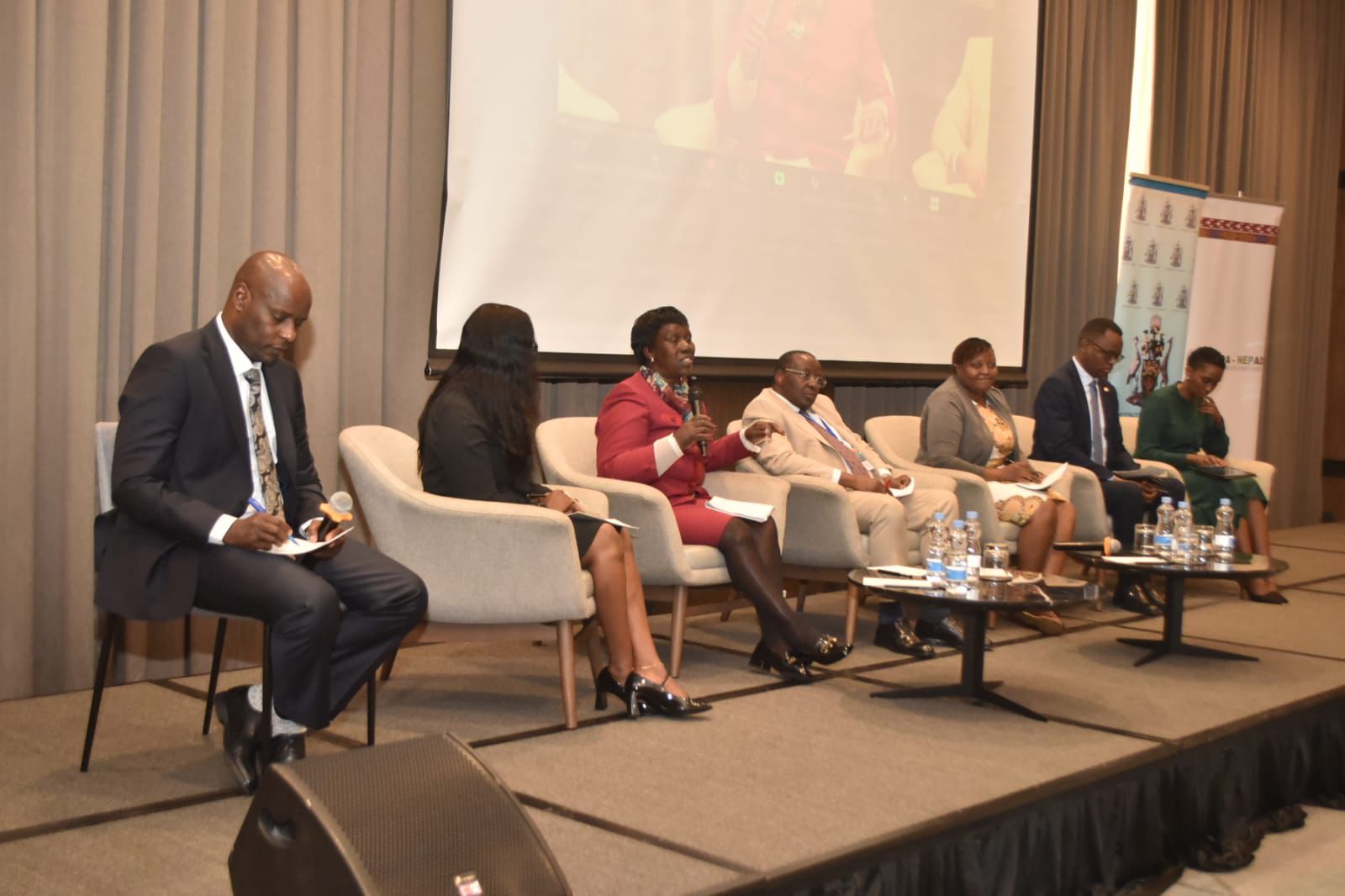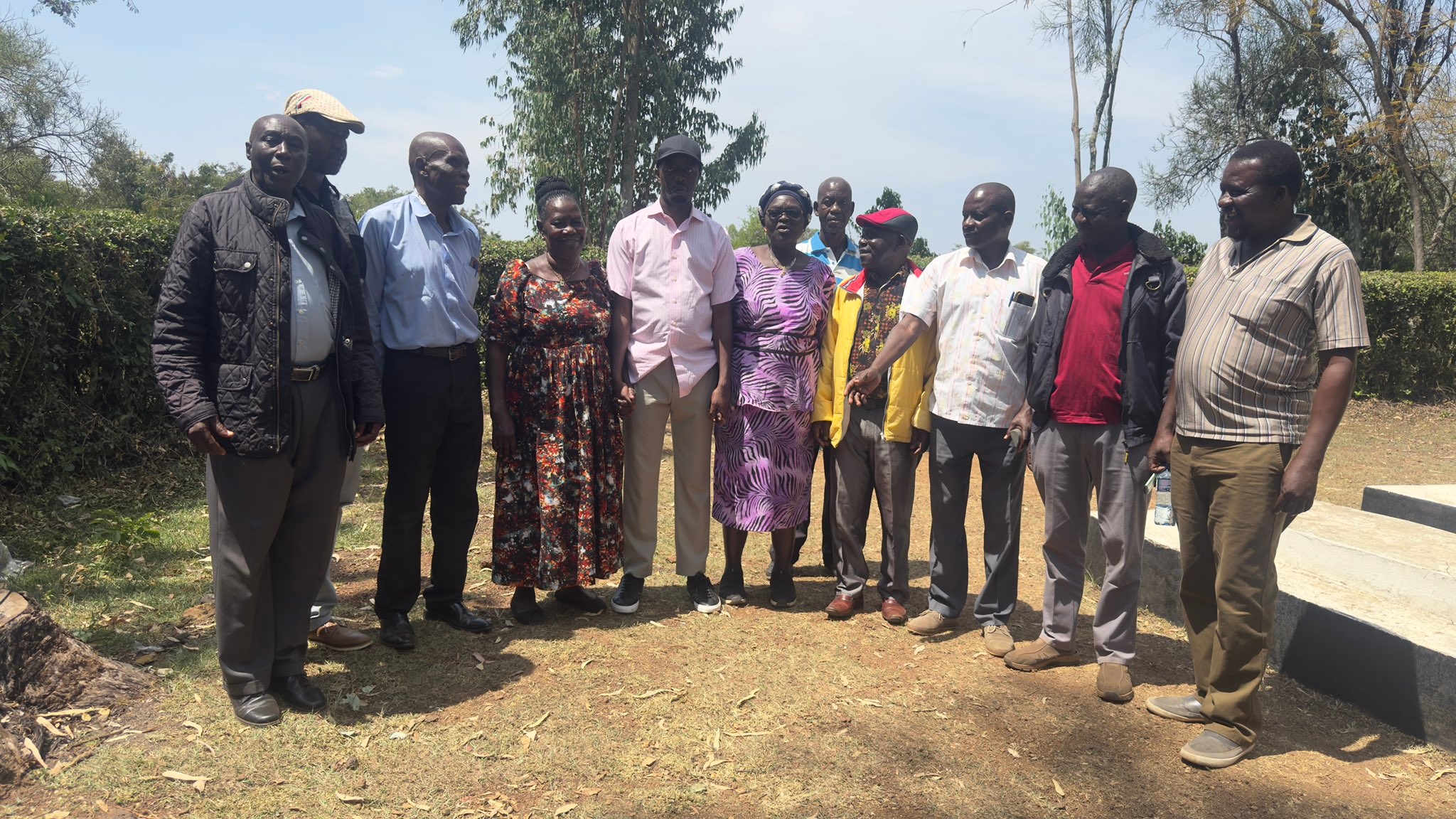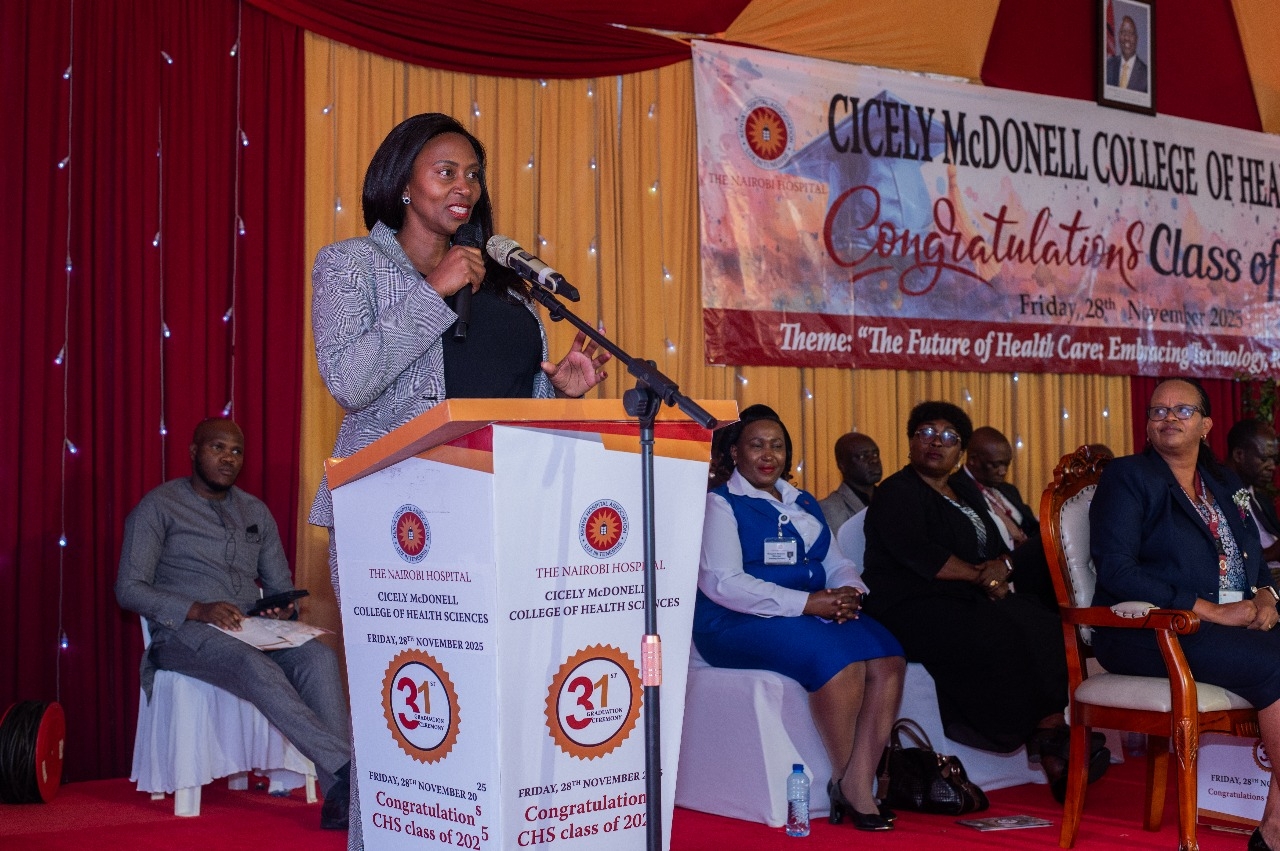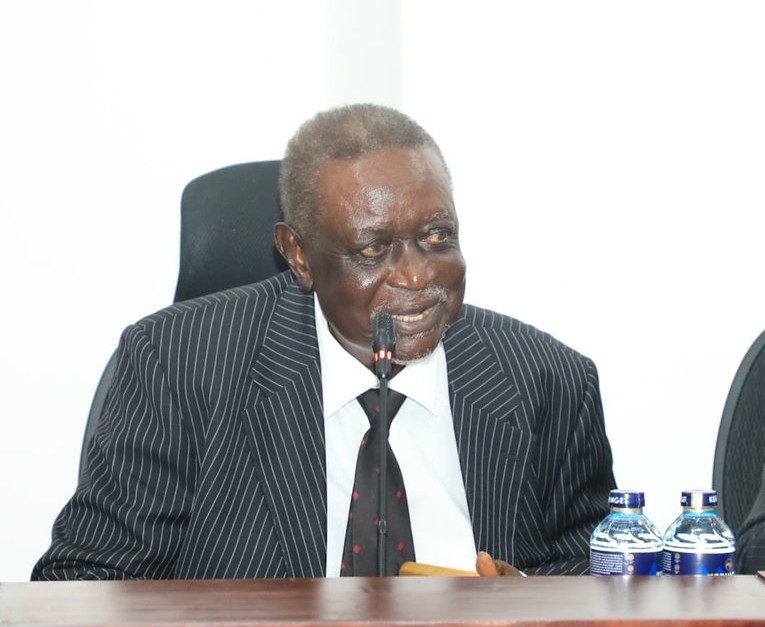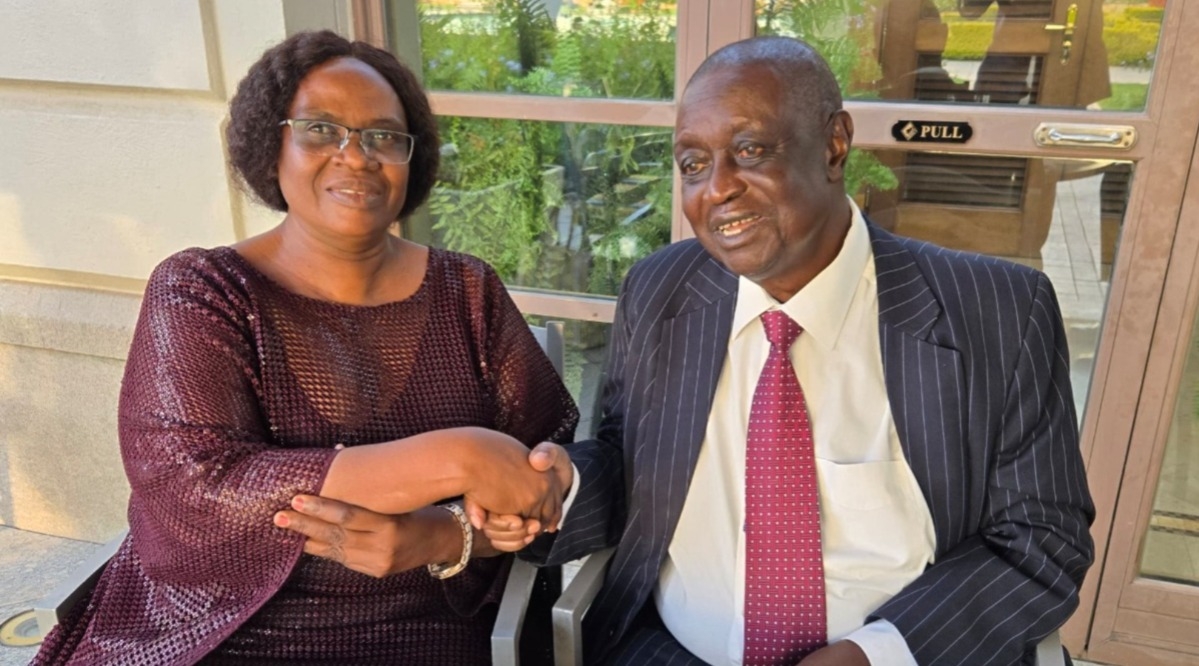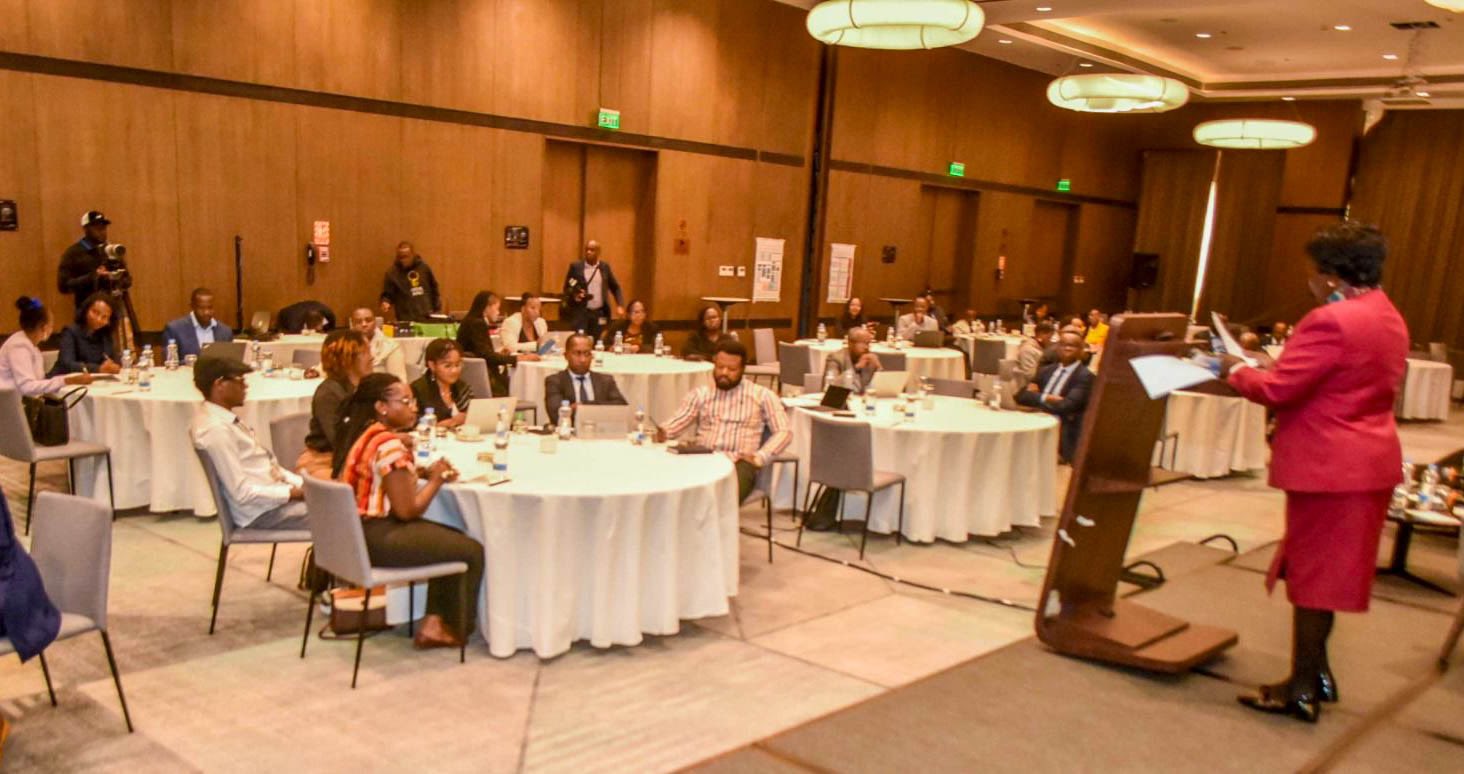
Held on October 7-8, 2024 at the Hyatt Regency in Nairobi, the seminar brought together policymakers, academic leaders, and industry experts from across the continent to explore innovative solutions to Africa’s R&D challenges.
Vincent Okungu, a leading voice in Africa's R&D sector and Calestous Juma Science Leadership Fellow at the University of Nairobi, led discussions with a stark warning.
In his opening address, Okungu emphasized that Africa invests less than 0.4 per cent of its GDP in R&D, a figure far below the 2 per cent target set by African nations.
His research, which focuses on Kenya and Rwanda, underscores the urgent need for self-sustaining, locally-driven funding mechanisms to reduce the continent’s reliance on donor funding.
“Without significant increases in domestic funding, Africa risks being left behind in vital sectors such as healthcare, agriculture, and technology,” Okungu stated.
“We need to mobilize our resources to create an innovation ecosystem that addresses Africa's unique challenges from combating pandemics to improving food security.”
The role of universities in driving research and technological advancements took centre stage during the seminar.
Professor Margaret Hutchinson, Vice Chancellor of the University of Nairobi, stressed that African universities must be at the heart of R&D efforts.
“Our universities are underfunded, and this undermines their potential to transform Africa's research landscape. We need to invest not only in research infrastructure but in students, faculty, and academic programs,” Prof Hutchinson said.
She advocated for a holistic approach to university funding, calling on governments, private sectors, and international partners to support scholarships, mentorship programs, and enhanced research facilities to cultivate the next generation of African innovators.
A major theme throughout the event was the minimal involvement of the private sector in African R&D, despite its vast potential. Discussions highlighted the importance of blended finance models, which combine public and private investments to mitigate risk and attract large-scale funding.
Participants urged African governments to introduce policies that incentivize private sector investments, such as tax breaks and grants.
“By creating a more conducive environment for private sector engagement, we can unlock additional resources that will propel our R&D efforts,” noted a speaker during the session on private sector engagement.
Case studies from different countries showed how these mixed finance approaches were effective in growing R&D initiatives.
The seminar also spotlighted the transformative potential of emerging technologies such as artificial intelligence (AI), drones, and biotechnology in addressing Africa's pressing issues.
According to some case studies discussed, AI is already improving diagnostic accuracy in healthcare, while drones deliver critical medical supplies to remote areas.
However, barriers such as infrastructure gaps, regulatory hurdles, and a shortage of skilled professionals continue to slow the widespread adoption of these technologies.
Speakers stressed the need for African governments and private sector actors to invest in digital infrastructure and establish supporting regulatory frameworks that encourage innovation while preserving public safety.
A recurring theme was the importance of regional collaboration in advancing R&D efforts across Africa.
Participants lauded the African Continental Free Trade Area (AfCFTA) as a crucial framework for fostering cross-border partnerships that pool resources and expertise.
Such collaboration, they noted, would enable even smaller or less developed countries to benefit from technological advancements and innovation.
Panelists talked about how important it is to match national and regional R&D priorities to develop a more coordinated research agenda.
They also emphasized that regional collaboration allows governments to share resources and expertise, which can result in more cost-effective and meaningful R&D investments.
As AUDA-NEPAD reaffirmed its commitment to working with African governments, research institutions, and the private sector, participants called for governments to adopt scientific priority-setting platforms that focus on key sectors such as healthcare, genomics, and agriculture.
The High-Level Seminar concluded with a resounding call to action: African nations must urgently scale up domestic investments in R&D to drive innovation, address pressing challenges, and position the continent as a global leader in research and development.
By fostering partnerships and prioritizing research funding, Africa can build a self-sustaining R&D ecosystem that ensures long-term prosperity.


